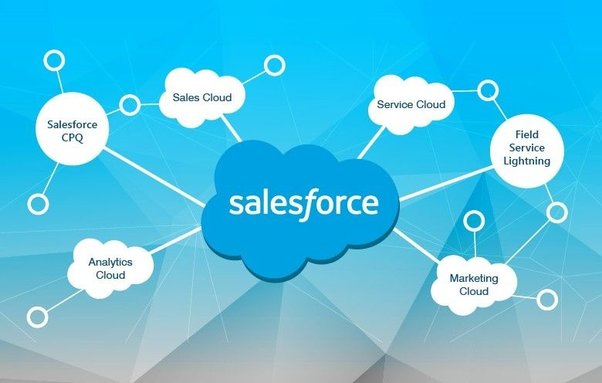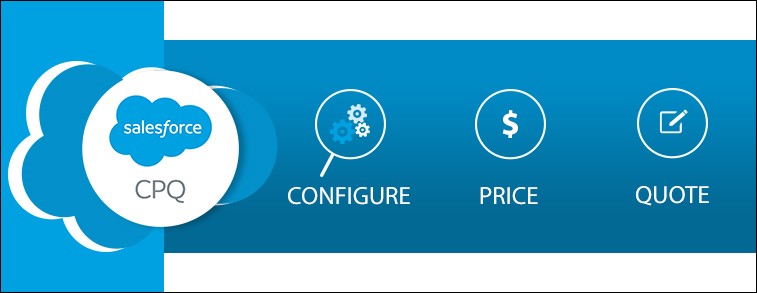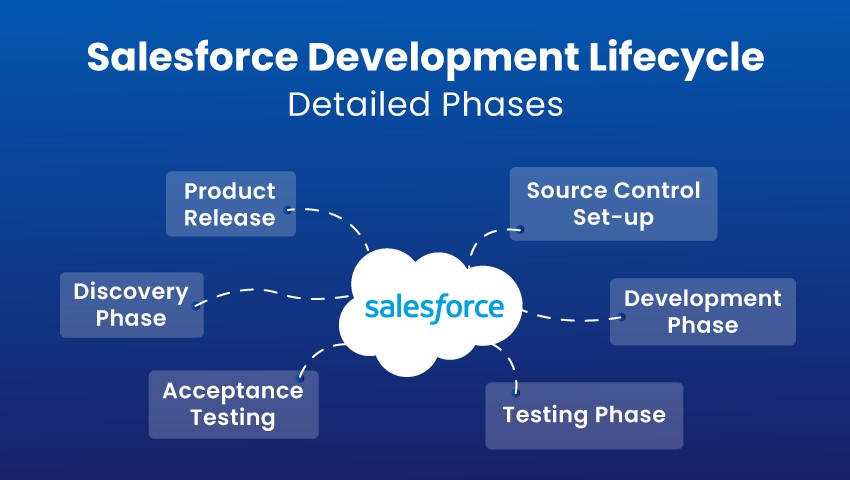Salesforce Cloud Services
Below are the cloud services we are specialized
Sales Cloud is the primary Salesforce product. It helps companies with their sales.
Marketing Cloud helps companies with digital marketing services.
Service Cloud helps customer support teams.
Commerce Cloud enables users to sell their products.
Experience Cloud lets users create different platforms as and when required.
Analytics Cloud provides a platform for data analysis and storage.

Service Offerings
Advisory: Cloud advisory services, including cloud
readiness assessment - We can help you identify gaps in within your
systems and provide the roadmap to move to the Cloud without
impacting day-to-day business operations.
Roadmap: The Technical Strategies migration roadmap
addresses all aspects of CRM planning, including deployment and
adoption.
Implementation Services: Technical Strategies works
with your team design a process model that is conducive to
successful CRM implementation. We can customize your CRM solutions
to suit your business needs in order to improve business processes
and communication with other business systems.
Optimization Services: As a part of our
optimization services, we will perform new module value
identification and benefit analysis. We will also provide ongoing
module adds/upgrades migrations, maintenance and support.
Platform Expertise
Our team is specialized in the below platforms:
Platform expertise – SFDC, Force.com
Frameworks – Lightning
Salesforce CPQ
CPQ in Salesforce is any Configure Price Quote Software sales tool that allows sales reps to create quotes with customized product and pricing configurations based on the buyer’s needs, and then sync all interactions with a deal’s documents, within the Salesforce CRM.
Benefits of CPQ are below:
CPQ Produces Accurate Quotes
CPQ Improves Efficiency
CPQ Builds Trust with Buyers
CPQ Maximizes the Benefit of Existing Prospects and Customers
CPQ Increases Revenue

Life Cycle
Discovery: This is the first phase of the Salesforce development lifecycle, which involves gathering, reviewing, and finalizing the requirements for development, which is further shared with the development team for deeper analysis
Set Up Source Control Repository: Maintain a separate Git repository for your project that includes a default branch, playing the role of the Master branch. The Master branch will store the production metadata. The release manager creates multiple branches for features of the development project to be handled by different Salesforce developers.
Development: Salesforce developers would work on the production in sandboxes, ensuring that the code doesn’t affect the main Salesforce org. Force.com IDE allows connecting sandboxes and retrieving metadata to the IDE. After doing the needed coding, the first level of unit testing will begin.
Testing: After finishing the development, the code will go to the testing team. Like the developers, the QA team maintains sandboxes to migrate the code to be tested. There might be a situation when team members only get to test an individual feature. For such cases, they would use Partial Copy Sandboxes. QA team members can also share their sandboxes if thorough testing is needed for some vital features.
Acceptance Testing: The Salesforce development project then reaches further for user acceptance testing. Apart from developers and testers in this testing, other potential users would perform the final testing to verify if the solution is according to the expectation. Partial sandboxes would be created by the release manager to be used by product managers for testing.
Product Release: In the last phase, the focus will be on all performance testing. This kind of testing is carried out on intermediate sandboxes, which include all the solution features, unlike partial sandboxes. Rigorous testing and regression testing are performed, and after passing all the levels of testing, the product goes to release.

Top


